২৩ মাঘ ১৪৩২
Israeli Strikes Ignite Multiple Fronts Across the Middle East
13 September 2025 21:09 PM
NEWS DESK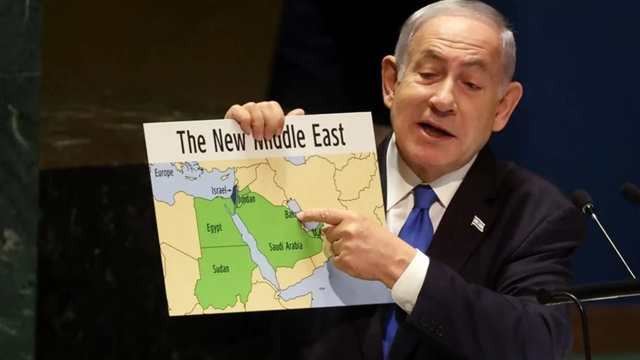
The Middle East has been rocked by a wave of Israeli air and missile strikes in recent weeks, targeting not only Gaza but also Lebanon, Syria, Qatar, Tunisia, and Yemen. What began as Israel’s long-standing operations in Gaza under the banner of “counterterrorism” has now expanded into a wider regional conflict, raising fears of a full-scale war that could redraw the region’s political map.
Gaza: A Humanitarian Catastrophe
The Gaza Strip remains at the epicenter of the crisis. Months of relentless bombardment have left hundreds of civilians dead, with hospitals and schools suffering heavy damage. Families taking shelter in UN facilities are not spared from air raids. The United Nations and international rights groups are calling the situation a “humanitarian disaster,” yet Israel insists its strikes are aimed at Hamas infrastructure. With borders sealed, food and water supplies are running out, leaving Gaza’s population on the brink of catastrophe.
Lebanon: Border Tensions Escalate
Along Israel’s northern frontier, clashes with Hezbollah fighters are intensifying. Israeli airstrikes have hit border villages and military sites, while Hezbollah has launched rocket retaliations. Lebanese officials warn the situation could spiral into a full-scale border war. For a nation still scarred by the 2006 Israel-Hezbollah war, the threat of renewed conflict has triggered widespread fear.
Syria: Renewed Battleground
Israel has also expanded its campaign in Syria, striking military bases in Homs and Latakia on September 7. Previous raids on Damascus and Aleppo targeted Iran-backed groups, according to Israeli claims. Since the fall of Bashar al-Assad in December 2024, Israel has carried out hundreds of strikes, tightening its hold over the occupied Golan Heights. Syrian officials have accused Israel of blatant violations of international law.
Qatar and Tunisia: Diplomatic Fallout
Qatar, long seen as a mediator between Hamas and Western nations, has come under attack after reports of strikes targeting Hamas leaders in Doha. The Qatari government condemned the move, warning it would severely damage diplomatic ties. Tunisia also reported Israeli strikes, allegedly against Hamas-linked figures sheltered there. Tunisian leaders denounced the attacks as tantamount to a declaration of war. The escalation signals that Israel’s campaign is no longer confined to the Middle East, but extends to any location hosting its adversaries.
Yemen: Houthis Enter the Conflict
Yemen’s Houthi movement has pledged to retaliate by targeting Israeli ships in the Red Sea, a vital global trade artery. The United States and European nations have already deployed warships to secure the route, but analysts warn that stopping the Houthis will be difficult, given their past success in launching drone and missile strikes against Saudi Arabia and the UAE. Disruption in the Red Sea could send oil prices soaring and further destabilize global shipping.
Cyber Front Expands
Beyond airstrikes, Israel has allegedly launched cyberattacks on the financial and communication networks of Qatar, Tunisia, and Lebanon. Banks and telecom systems have faced disruptions, sparking panic among local populations. Experts say Israel’s military strategy now spans multiple domains, from traditional warfare to cyberspace.
Gulf States Under Pressure
The escalation has placed Gulf nations in a delicate position. Saudi Arabia and the UAE, which were pursuing normalization with Israel, now face mounting public pressure to backtrack following strikes on Qatar and Tunisia. Riyadh may be forced into a tougher stance, while Abu Dhabi is adopting a wait-and-see approach.
Global Power Struggle
The United States has reiterated its full support for Israel, framing the strikes as legitimate self-defense. The European Union, however, is split, with some members backing Israel and others demanding an immediate ceasefire. Russia and China have seized the opportunity to strengthen ties with Arab and Muslim nations, raising the prospect of new geopolitical blocs forming around the conflict.
International Outcry
Arab governments—including Palestine, Lebanon, Syria, Qatar, Tunisia, and Yemen—have condemned Israel’s actions and called for an emergency UN Security Council session. Regional bodies such as the Arab League and the Organization of Islamic Cooperation (OIC) are coordinating potential joint responses. Analysts warn that if Arab states align militarily and diplomatically, Israel could face unprecedented regional isolation.
Uncertain Future
The key question remains: how far will this conflict escalate? A full-scale war with Hezbollah and Syria would plunge the region into chaos, while Houthi control of the Red Sea could disrupt global trade and oil markets. For import-dependent nations like Bangladesh, the economic consequences could be severe.
What is clear, observers say, is that Israel’s latest offensive is not just another military campaign—it is reshaping the Middle East’s political landscape, intensifying humanitarian crises, and triggering new geopolitical rivalries. The region is unlikely to return to its previous state of fragile stability. Instead, it is entering a more volatile and unpredictable chapter.








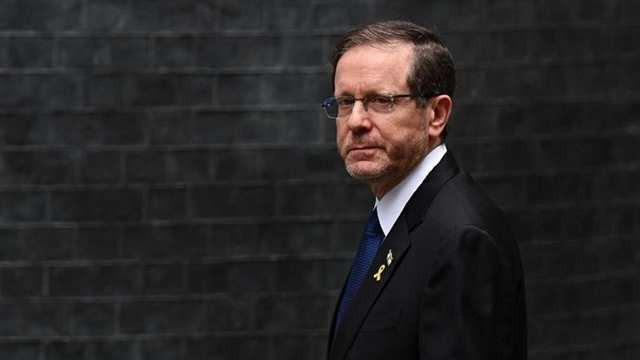
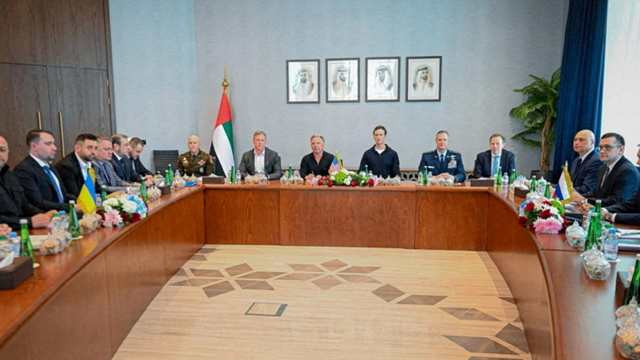






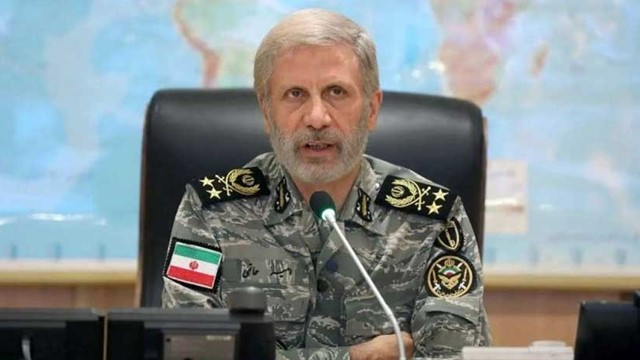

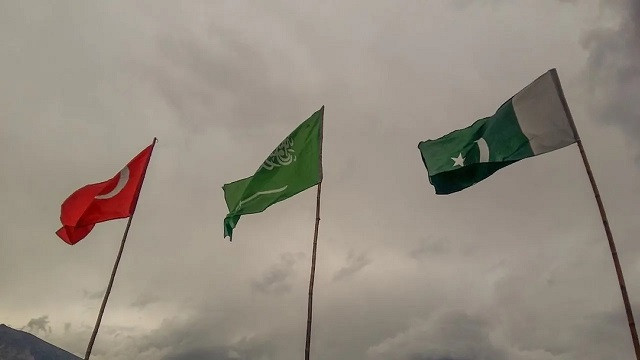
Comments Here: